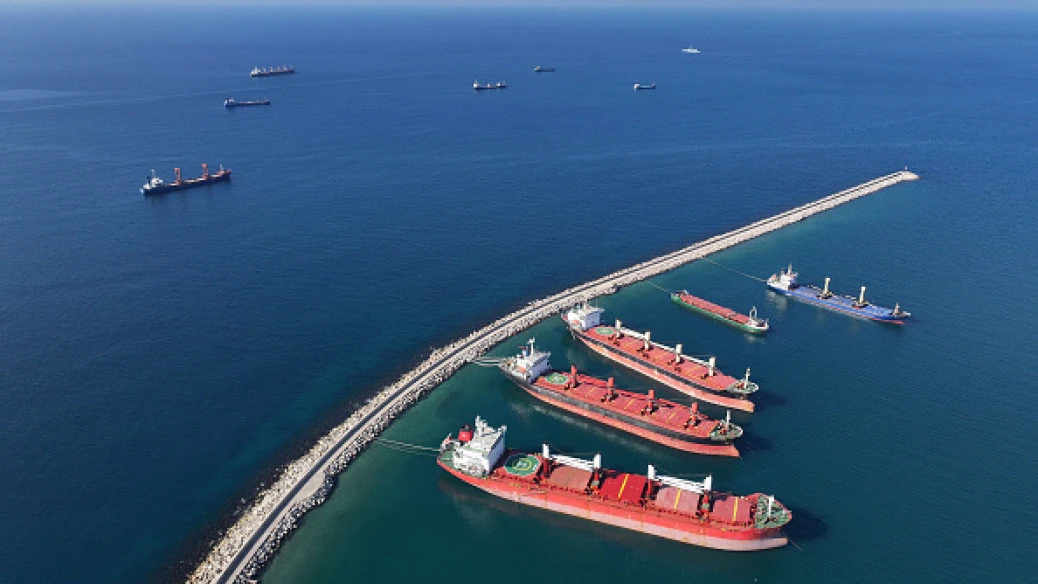Israeli experts say Ankara holds stronger position in Syria than Tel Aviv
 An Israeli soldier stands at a lookout point in the Israeli occupied Golan Heights overlooking south Syria, on March 25, 2025. (AFP Photo)
An Israeli soldier stands at a lookout point in the Israeli occupied Golan Heights overlooking south Syria, on March 25, 2025. (AFP Photo)
Israeli experts have assessed that Türkiye now holds a stronger position than Israel in Syria following the collapse of the Baath regime, largely due to Ankara’s acceptance by Syria’s new leadership and shifting international dynamics.
According to retired Ambassador Alon Liel and Tel Aviv University Vice Rector Professor Eyal Zisser, Israel’s aggressive policies in Syria and the lingering trauma from the Oct. 7, 2023, attacks have weakened its regional strategy.
Speaking to Anadolu Agency, Liel emphasized, “Israel considers itself equal to Türkiye in Syria, but it is not. (Syria’s interim President Ahmad) al-Sharaa invited (Turkish President Recep Tayyip) Erdogan to defend Syria. We are not wanted there.”
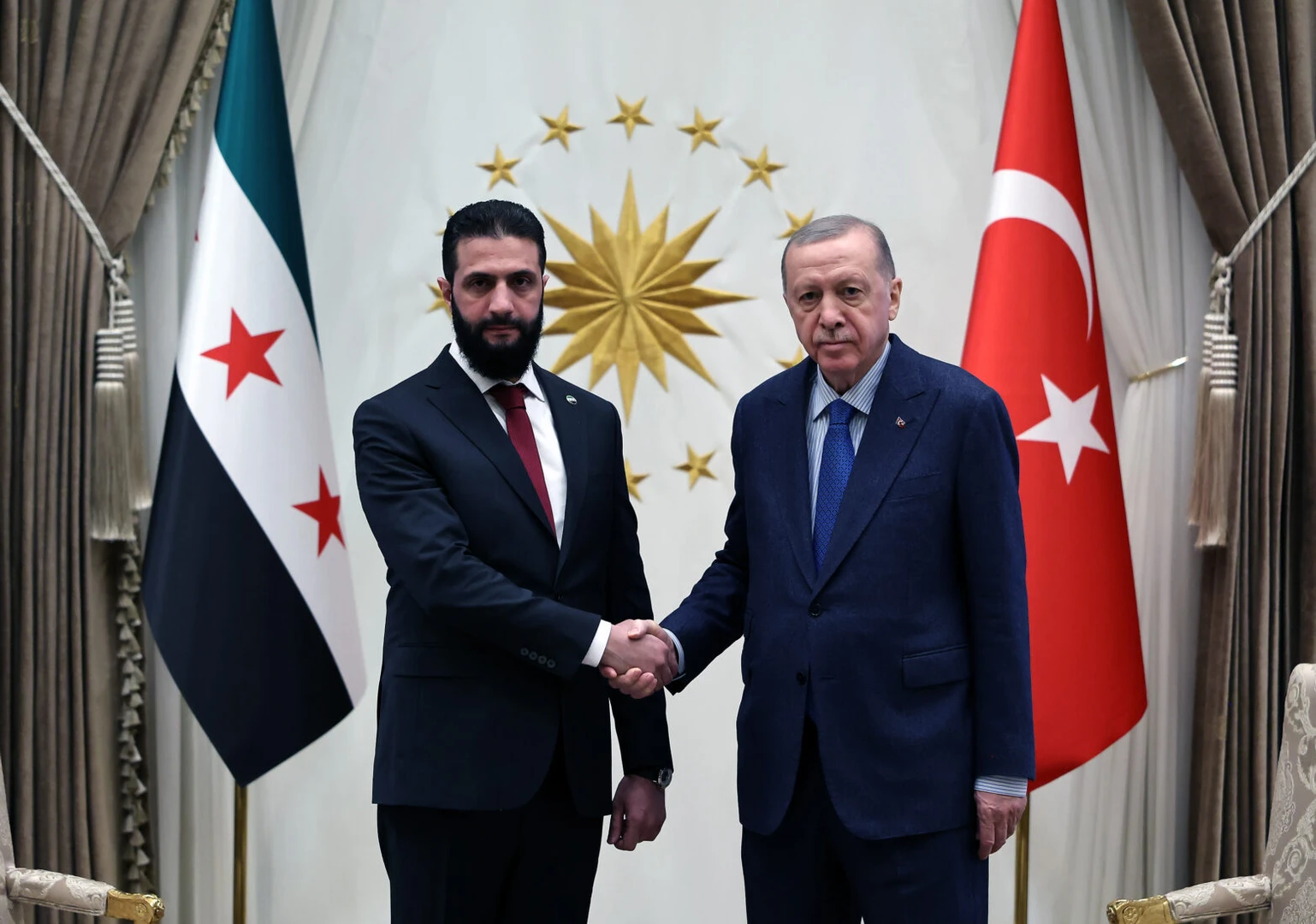
US endorses Türkiye’s role in Syria, experts claim
Zisser explained that U.S. President Donald Trump had made it clear to Israeli Prime Minister Benjamin Netanyahu that Türkiye would play the primary role in determining Syria’s future.
“Trump told Netanyahu very explicitly that Erdogan would make the decisions regarding Syria’s future and that Israel would have to deal with him,” Zisser said, underscoring Washington’s shift in priorities.
In a recent meeting at the White House with Israeli Prime Minister Benjamin Netanyahu, Trump urged Netanyahu to be “reasonable” in handling disputes with Türkiye, while praising his own ties with Erdogan.
“Any problem that you have with Türkiye, I think I can solve. I mean, as long as you’re reasonable, you have to be reasonable. We have to be reasonable,” Trump told reporters in the Oval Office.
“Bibi, if you have a problem with Türkiye, I really think you’re going to be able to work it out. You know, I have a very, very good relationship with Türkiye and with their leader, and I think we’ll be able to work it out. So I hope that’s not going to be a problem. I don’t think it will be a problem,” he added, using Netanyahu’s nickname.
The experts highlighted that while Israel previously favored Russia’s military presence in Syria, it is now wary of Türkiye’s increasing influence, particularly in critical areas such as Homs and Palmyra.
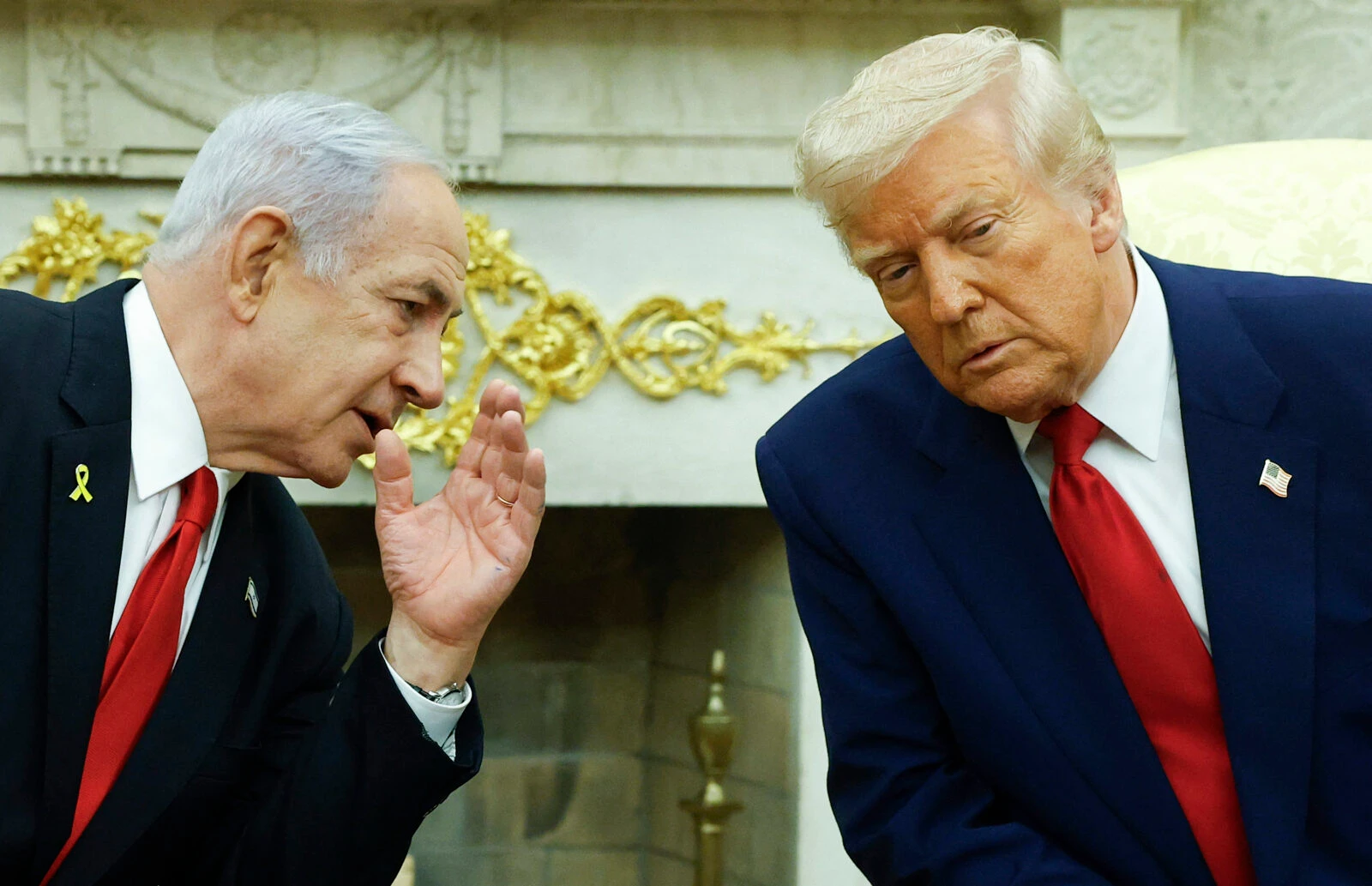
Israeli concerns over Türkiye’s military presence in Syria
Liel noted that Israel preferred Russia’s presence because Moscow allowed Israeli forces to operate freely over Syrian airspace. “When Putin was there with his army, our forces coordinated strikes easily. If Türkiye deploys militarily, it will not permit Israeli airstrikes,” he stated.
He added that, unlike past functional contacts between Netanyahu and Putin, relations between Netanyahu and Erdogan have remained tense for more than a decade.
According to Liel, “Türkiye has been considered an enemy country in Israel for the past 15 years, with few exceptions.” Despite this, the diplomatic circle in Israel seems to be against this policy of the Netanyahu government, as former Israeli Ambassador to Egypt and Türkiye, Amira Oron spoke to an Israeli media outlet and urged a diplomatic approach between Ankara and Tel Aviv.
“Turning Türkiye into an enemy like Iran would be a grave mistake,” she said, and added, “Despite Erdogan’s harsh rhetoric, Türkiye plays a significant role in maintaining Syria’s stability.”
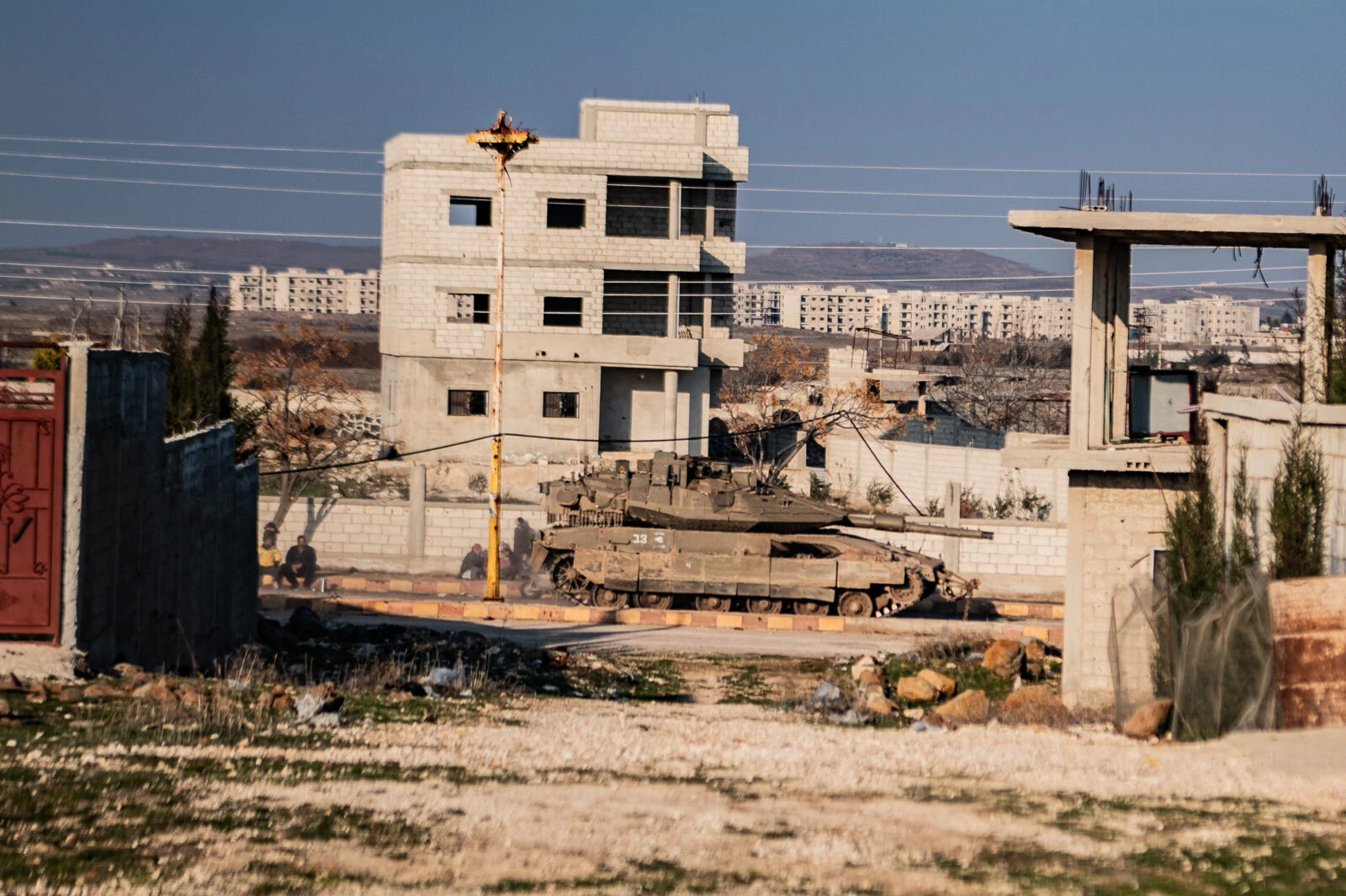
Strategic missteps and internal chaos in Israeli policy
Zisser criticized Israel’s Syria policy, suggesting it is driven by fear rather than opportunity. He stated that Israeli attacks in Syria often generate more hostility than strategic gain.
“We cannot talk about a coherent policy. There are many elements involved, and it’s hard to determine who makes the final decisions,” Zisser said.
He also stressed that the chaotic Israeli approach contrasts sharply with the opportunities presented by Syria’s transitional period.
“Israel focuses excessively on the risks, ignoring potential positive developments,” he noted.
Recently, the former Israeli Public Security Minister Omer Bar Lev warned that Israel may ultimately need strategic cooperation with Türkiye and cautioned that its current approach in Syria could undermine future security interests.
Bar-Lev suggested that Tel Aviv’s current strategy may reflect “a lack of strategic political thinking, a desire by the prime minister to divert attention from hostages held in Gaza tunnels, or sheer intoxication with power.”
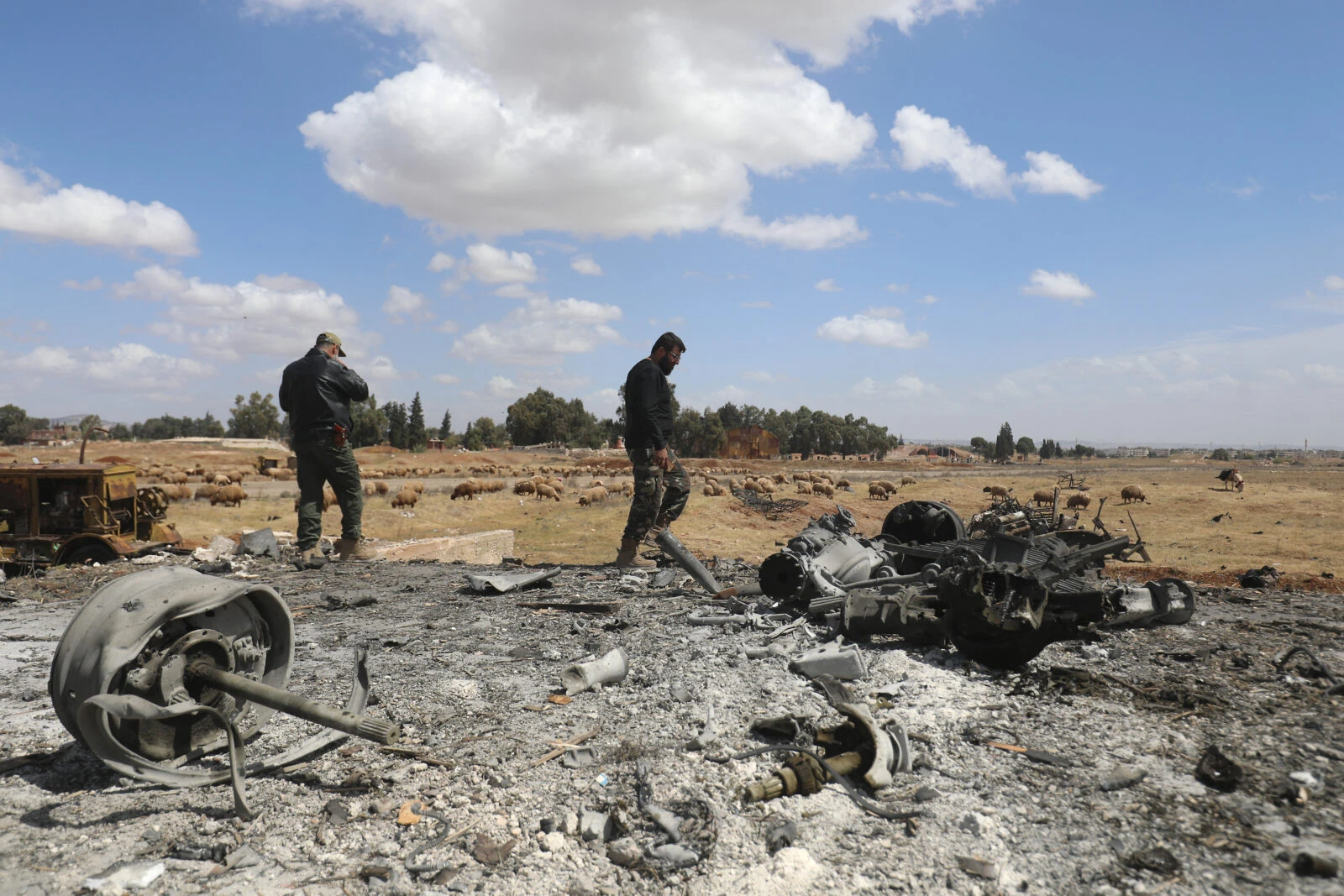
Fears of chaos and border threats dominate Israeli thinking
Both experts noted that Israel’s political and military leadership remains deeply affected by the Oct. 7 attacks. They warned that Tel Aviv’s current approach could entrench its isolation in Syria.
“Israel’s belief that it shares equal status with Türkiye in Syria is a dangerous mistake,” Liel said.
Zisser added that the Israeli government remains haunted by the fear of attacks from Syrian territory and remains distrustful of Sharaa due to his past anti-Israel rhetoric.



